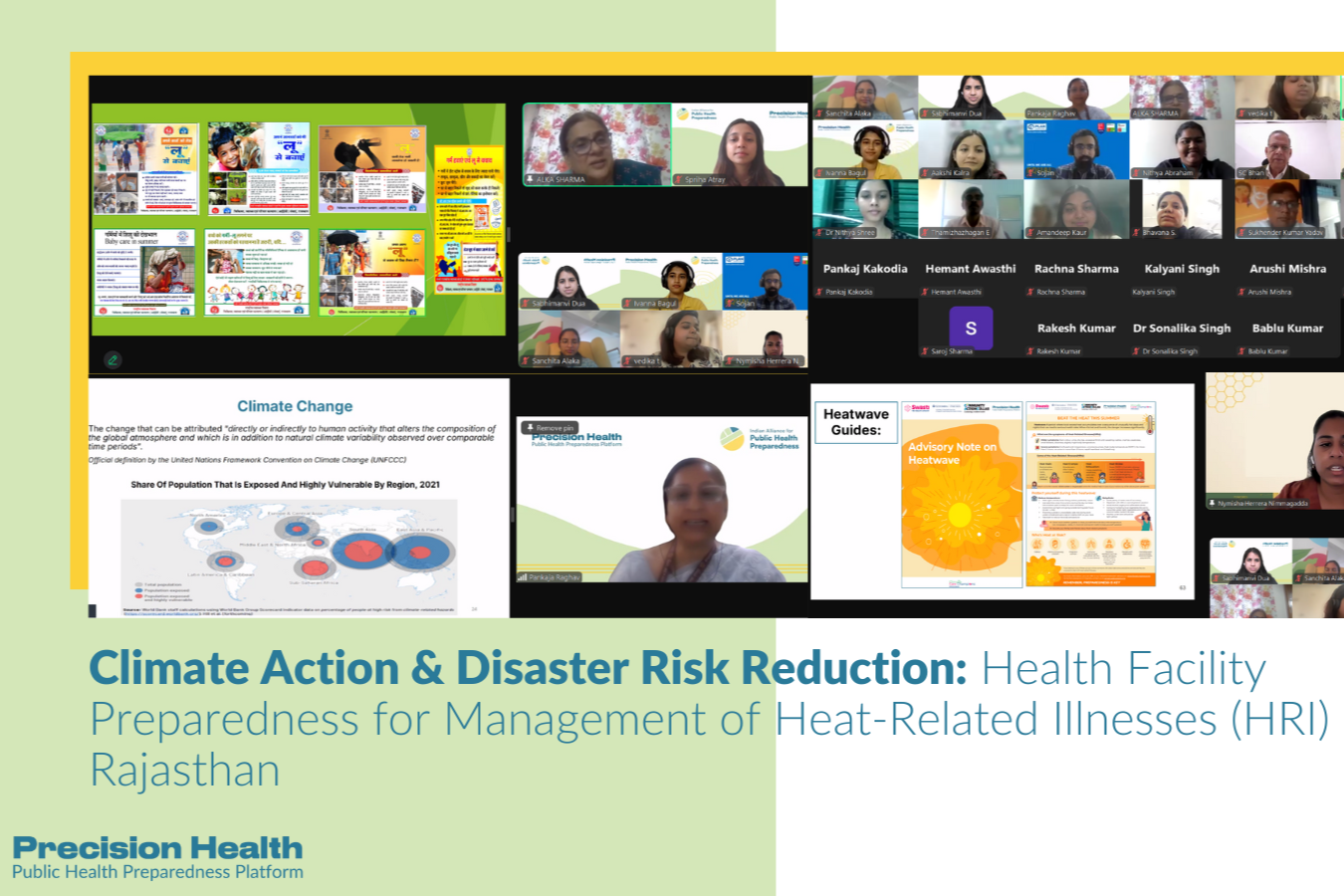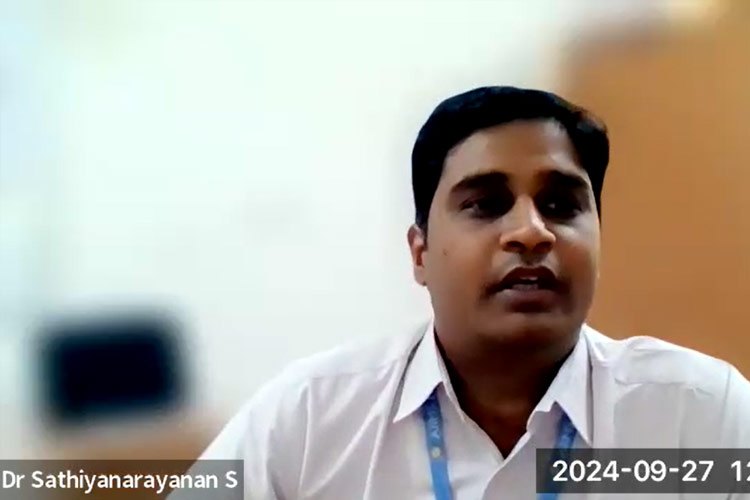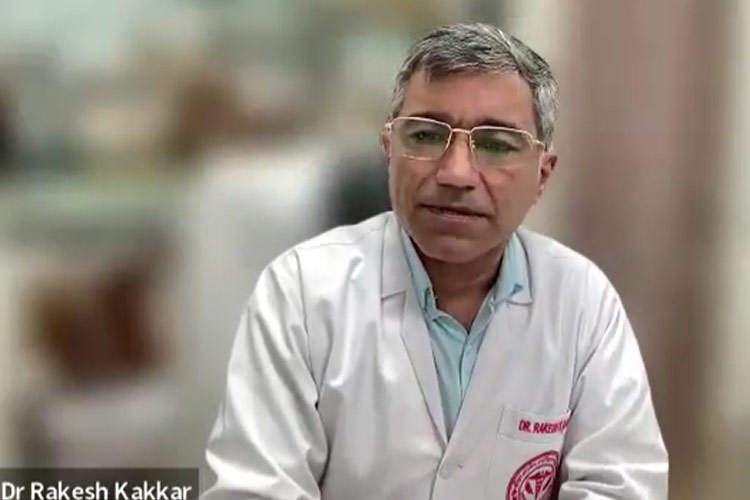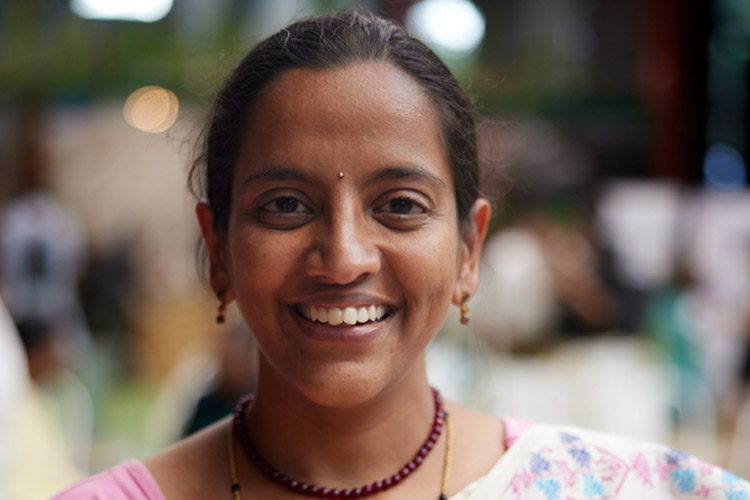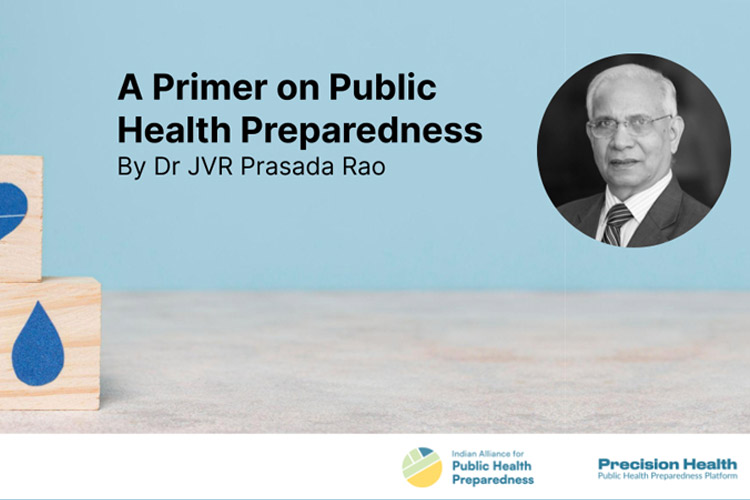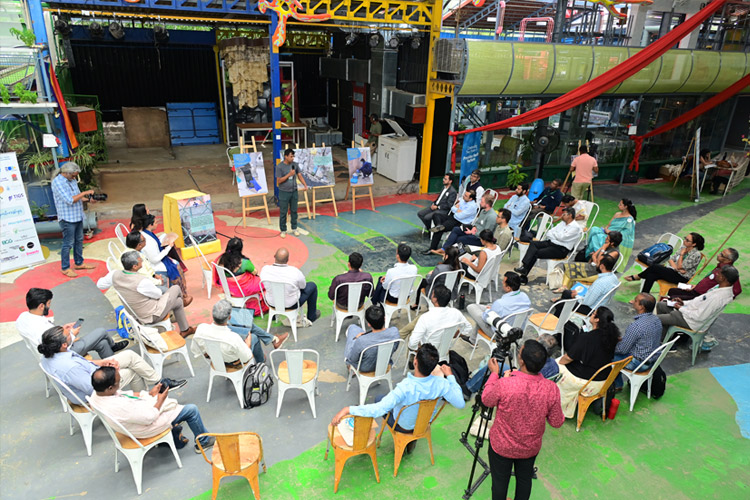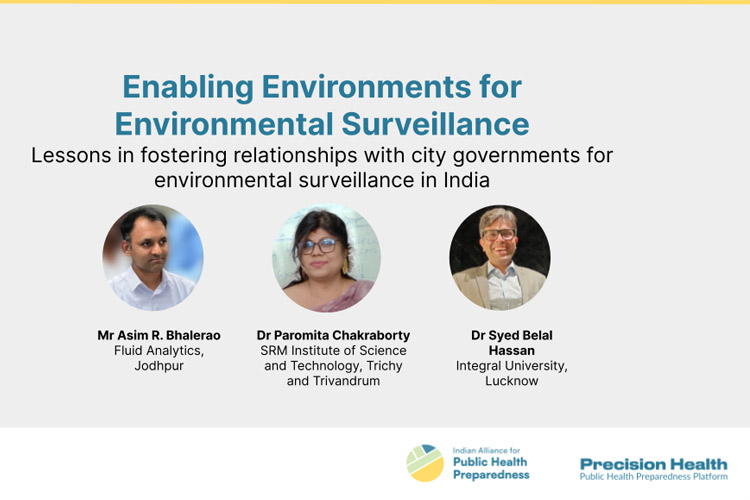As part of the webinar, Dr Alka emphasized a comprehensive preparedness strategy, focusing on pre-season, in-season, and post-season interventions. Key measures include equipping ambulances and health facilities with essential cooling systems, medical supplies, and trained personnel to handle heat stroke and related conditions.
Dr. Pankaja expanded on the broader implications of climate change, emphasizing the heightened risks faced by the elderly, children, and individuals with disabilities. The discussion also highlighted the economic and social impact of heatwaves, stressing the need for a sustainable, long-term strategy to protect lives and livelihoods.
Watch the complete event here.
